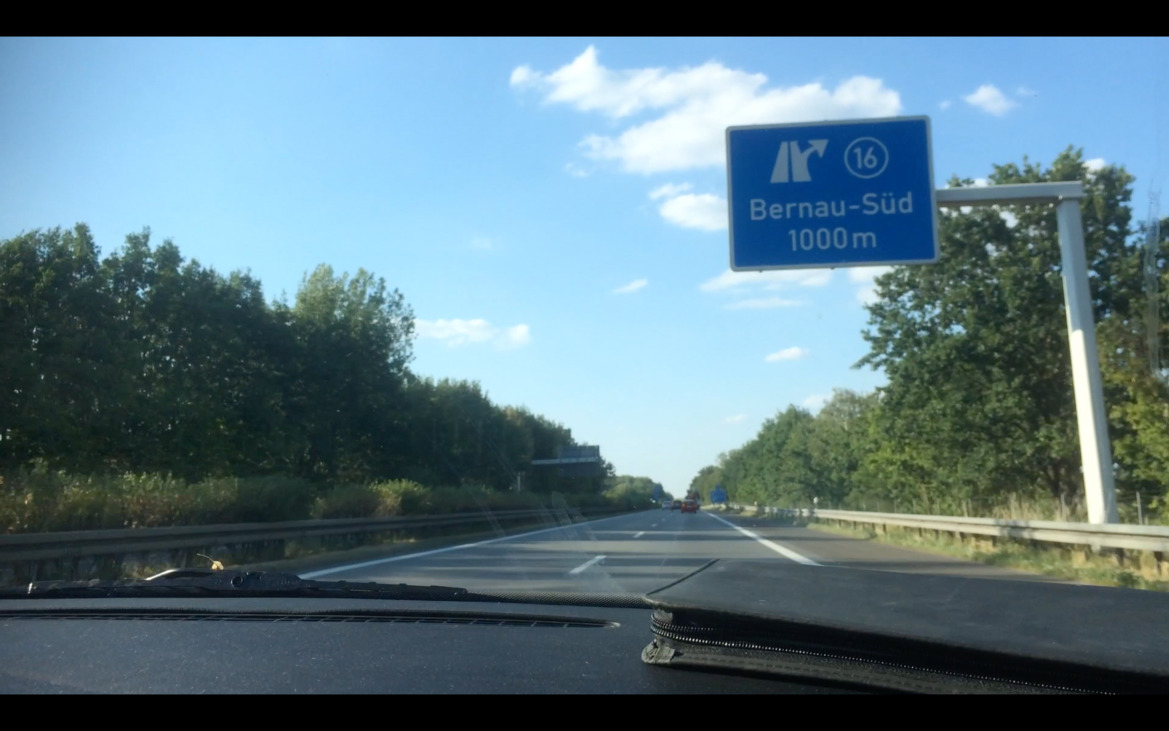
tropes and limbs, 2019, full HD video, 5:53 min., music by David Onanov
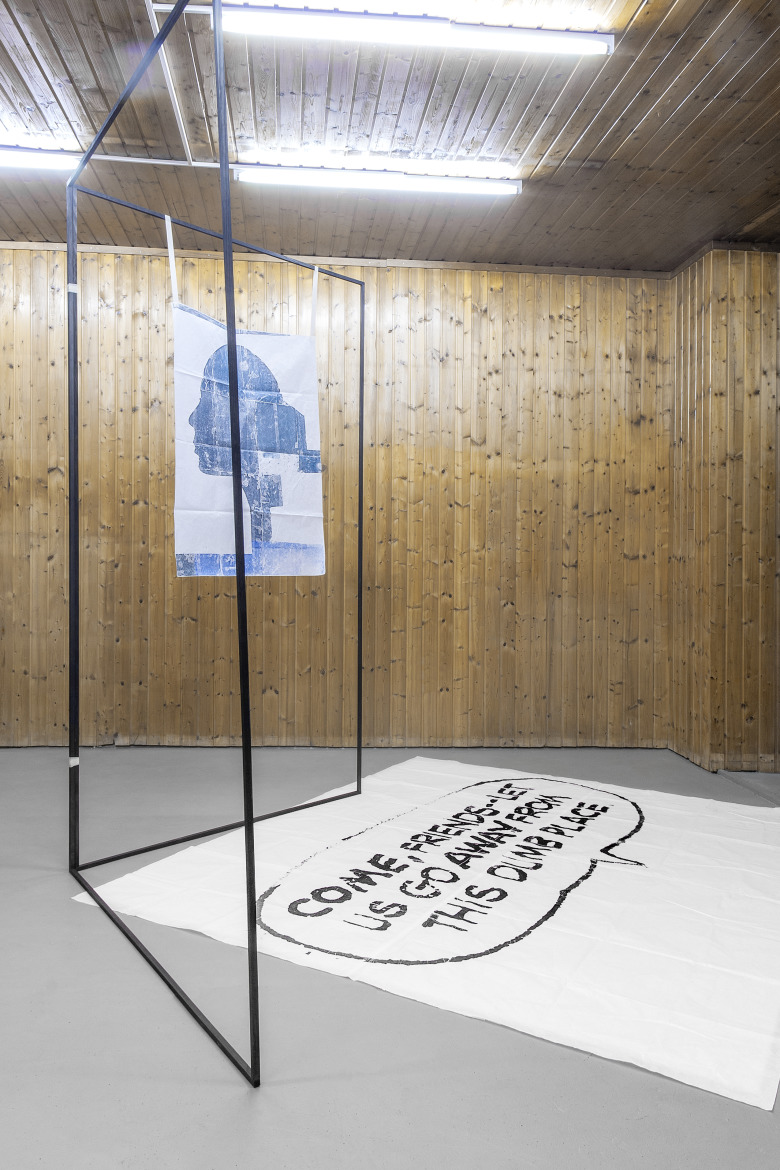
tropes and limbs (Big Head), 2019, frottage on tissue paper, 80 x 100 cm and stained wooden paravent, 300 x 230 cm, shown together with Come Friends, 2019, frottage on tissue paper, 200 x 230 cm
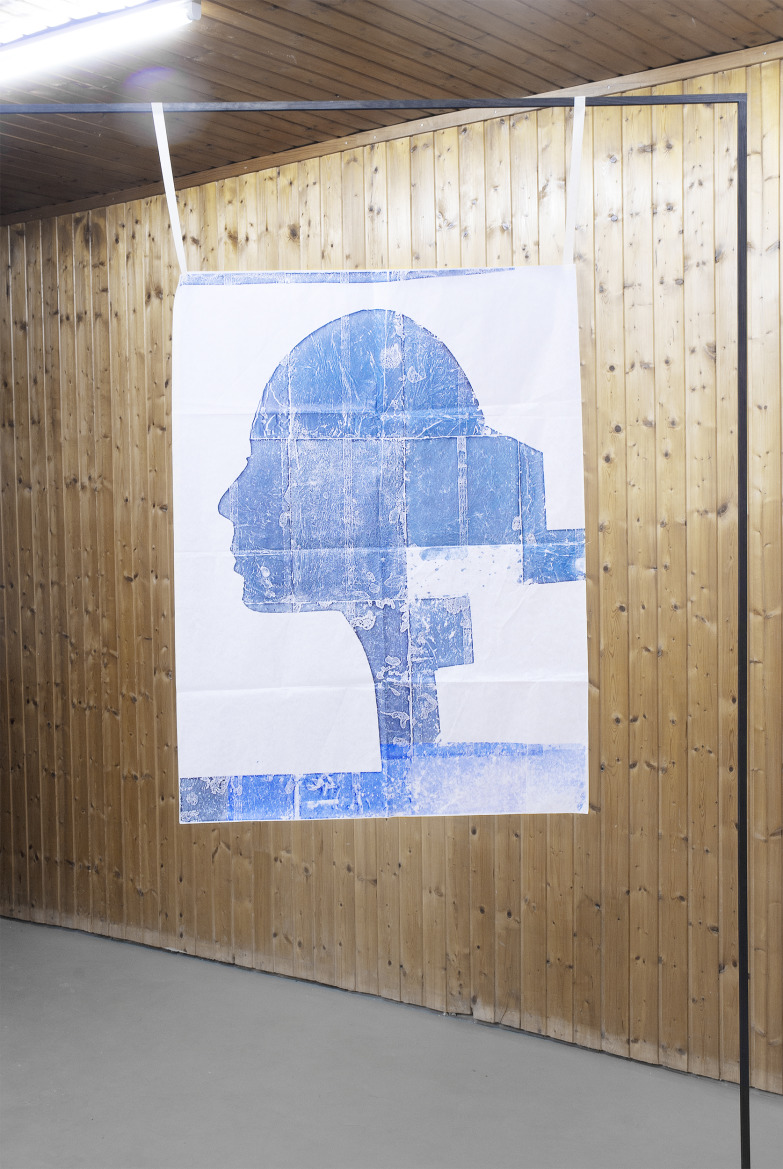
tropes and limbs (Big Head) (detail), 2019, frottage on tissue paper, 80 x 100 cm and stained wooden paravent, 300 x 230 cm, shown together with Come Friends, 2019, frottage on tissue paper, 200 x 230 cm
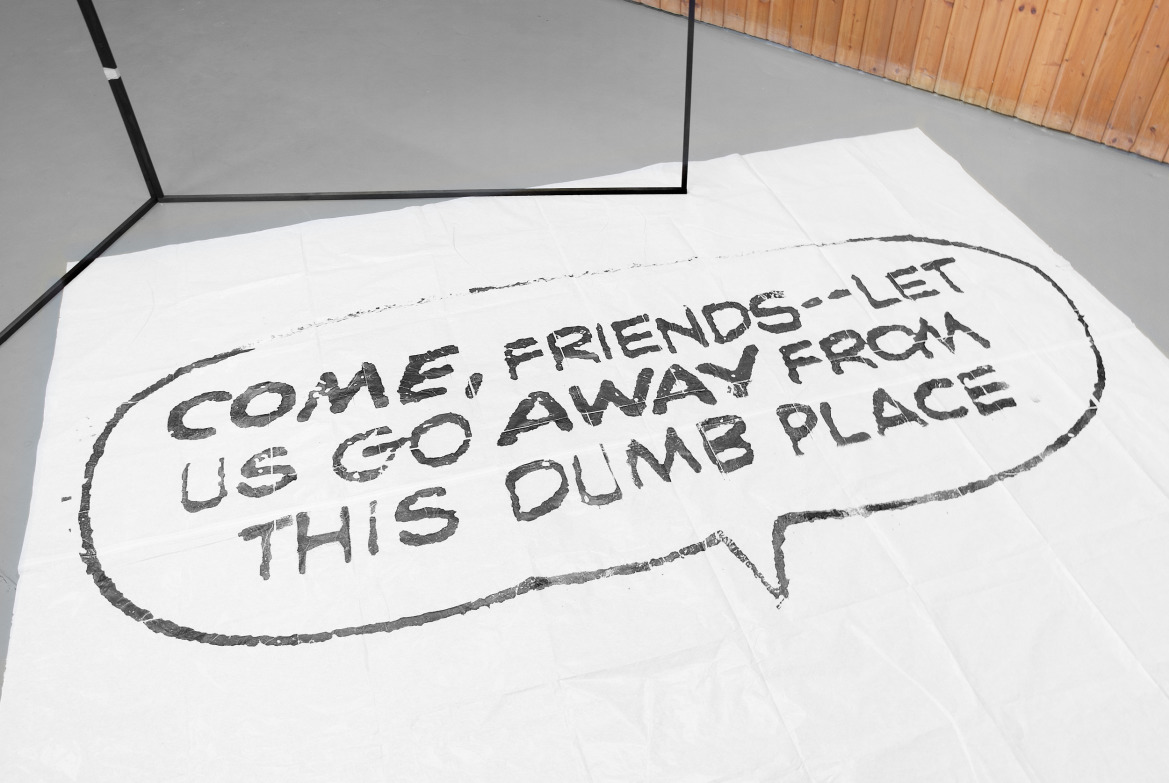
Come Friends, 2019, frottage on tissue paper, 200 x 230 cm
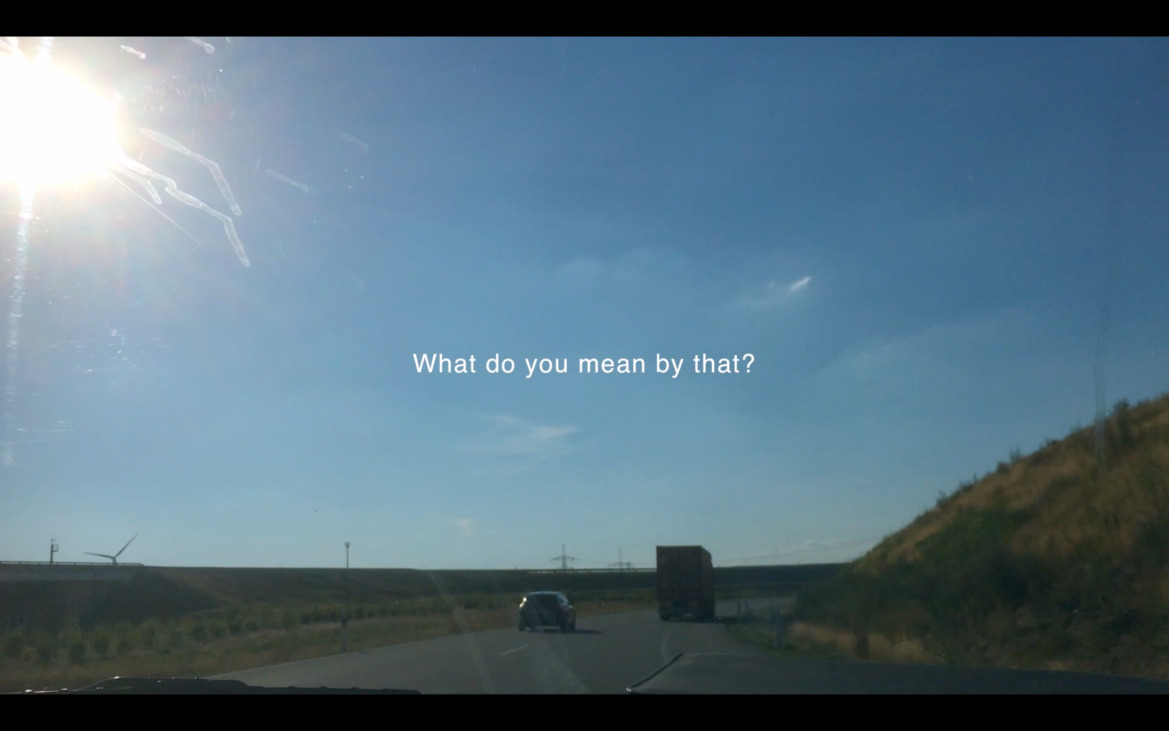
tropes and limbs, 2019, full HD video, 5:53 min., music by David Onanov
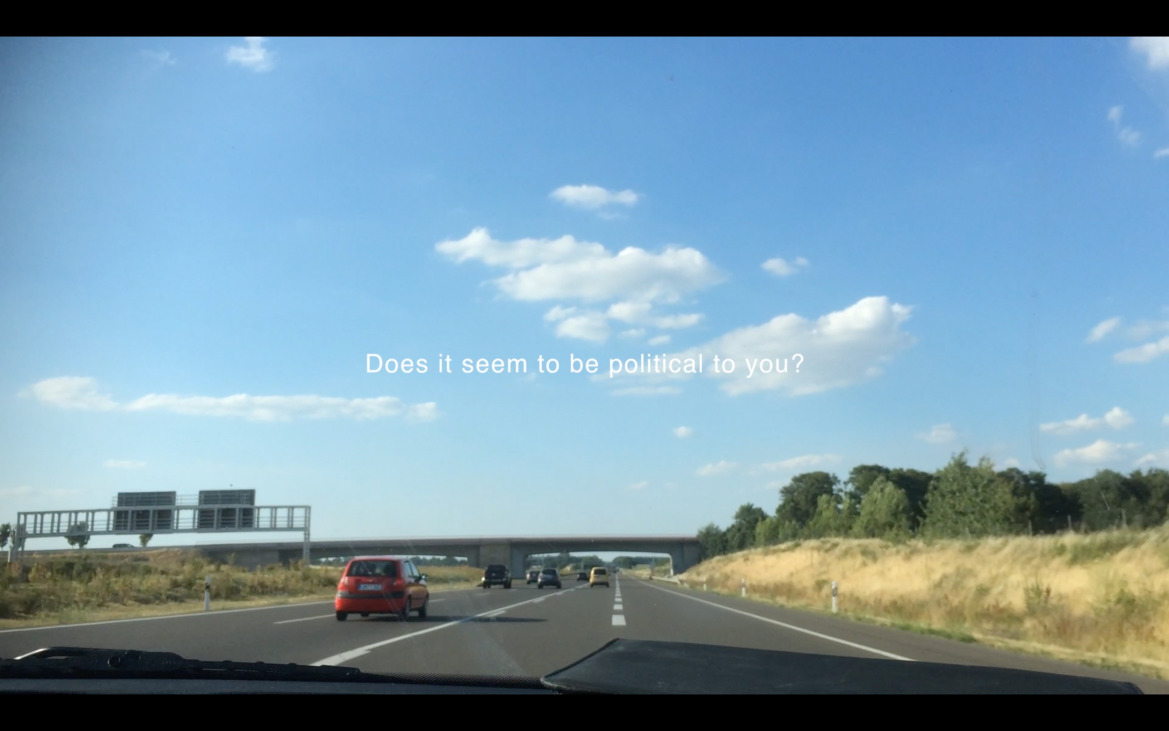
tropes and limbs, 2019, full HD video, 5:53 min., music by David Onanov
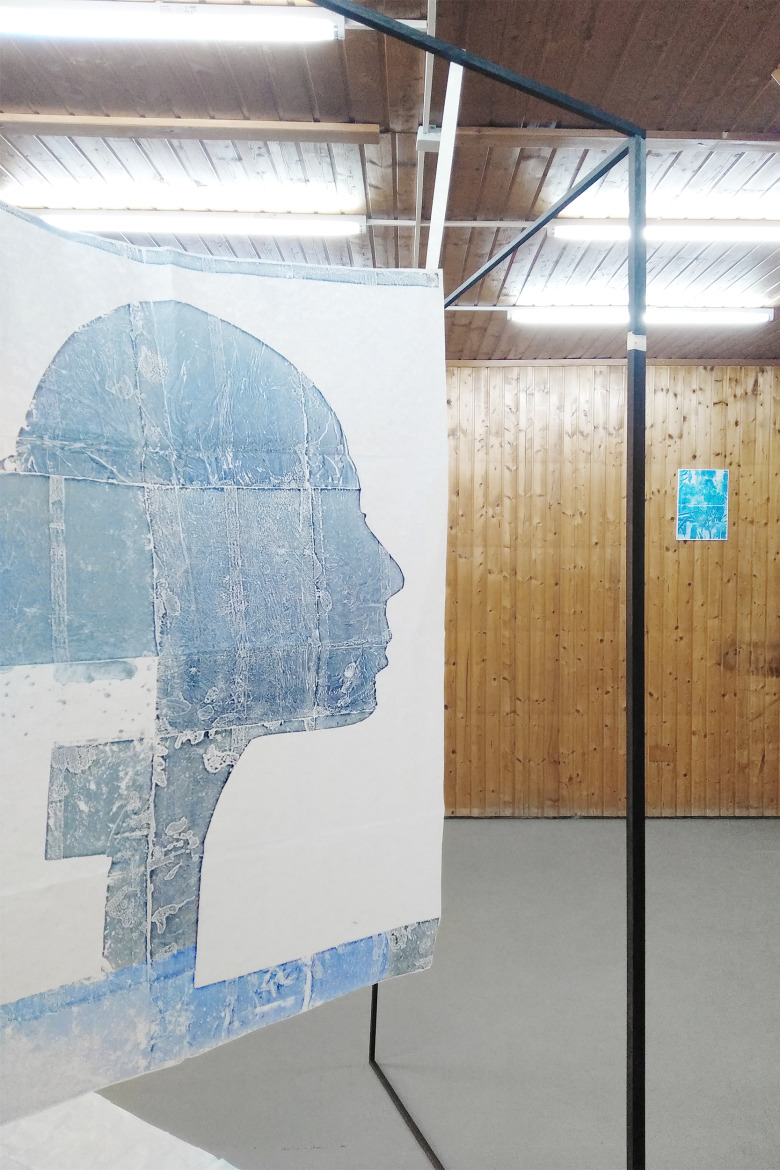
tropes and limbs, 2019, Installation view, EXILE
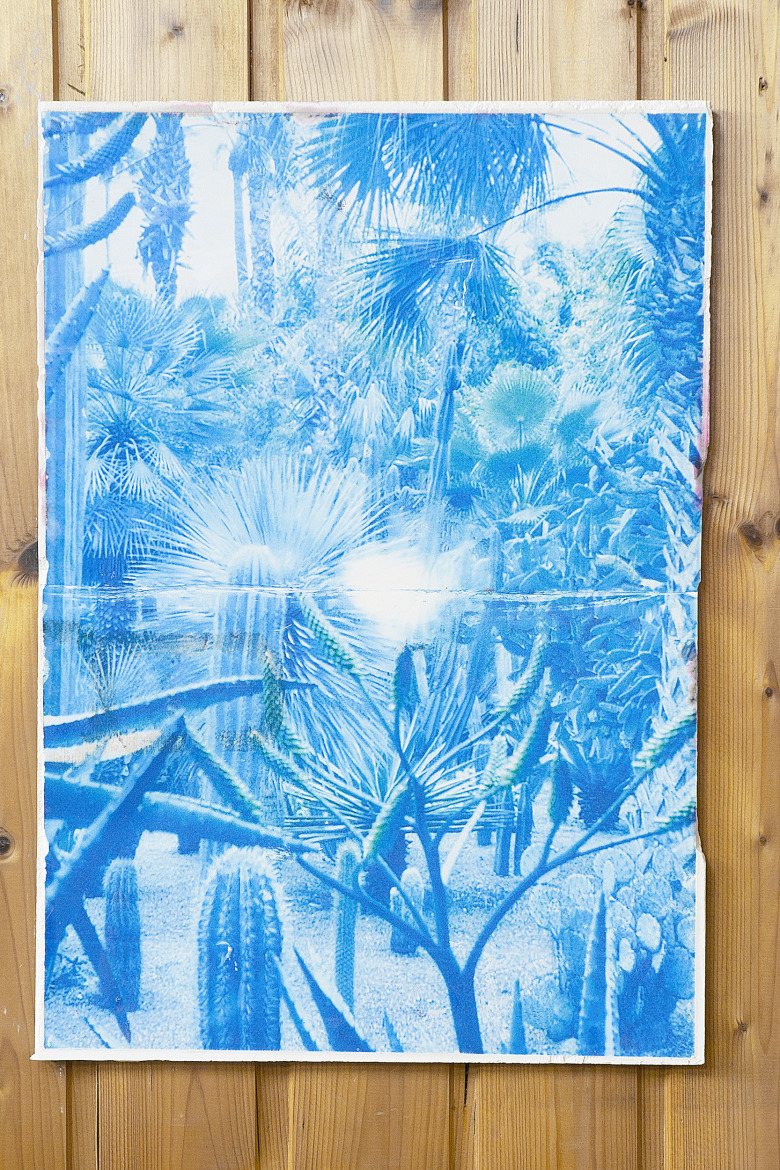
o.T. (botanical garden), III/VIII, 2018, frottage on plaster, 30 x 42 cm
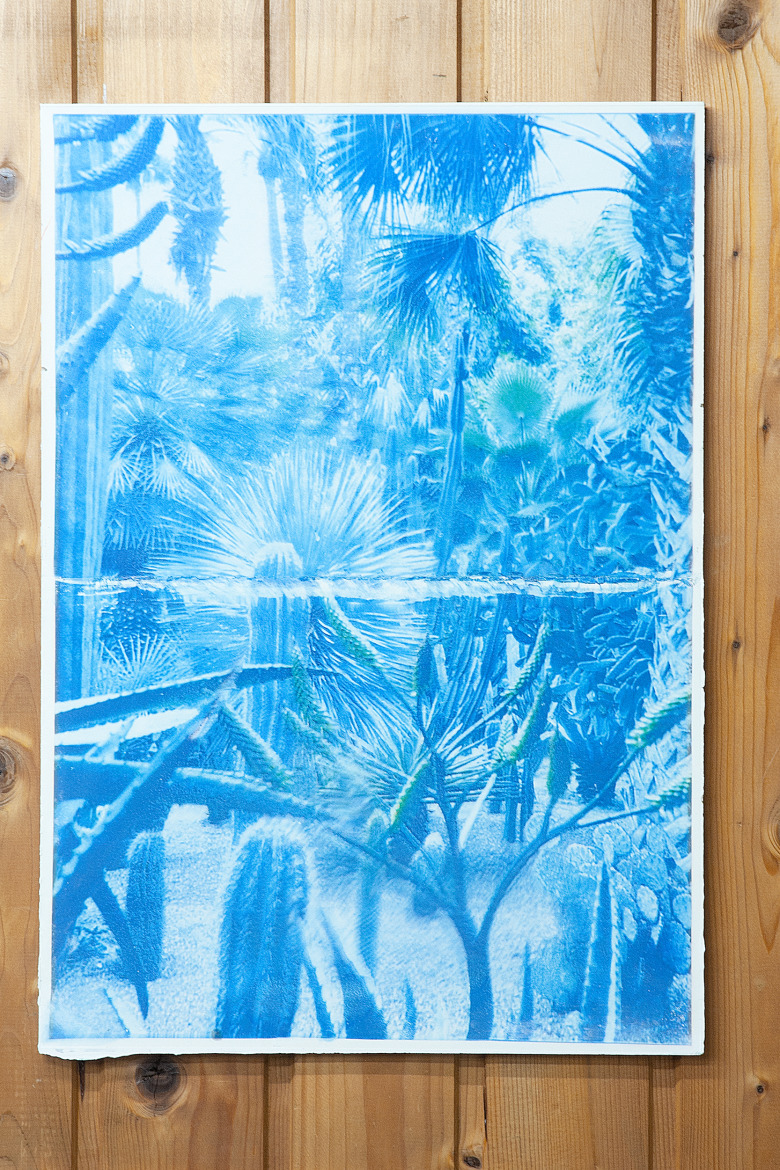
o.T. (botanical garden), II/VIII, 2018, frottage on plaster, 30 x 42 cm
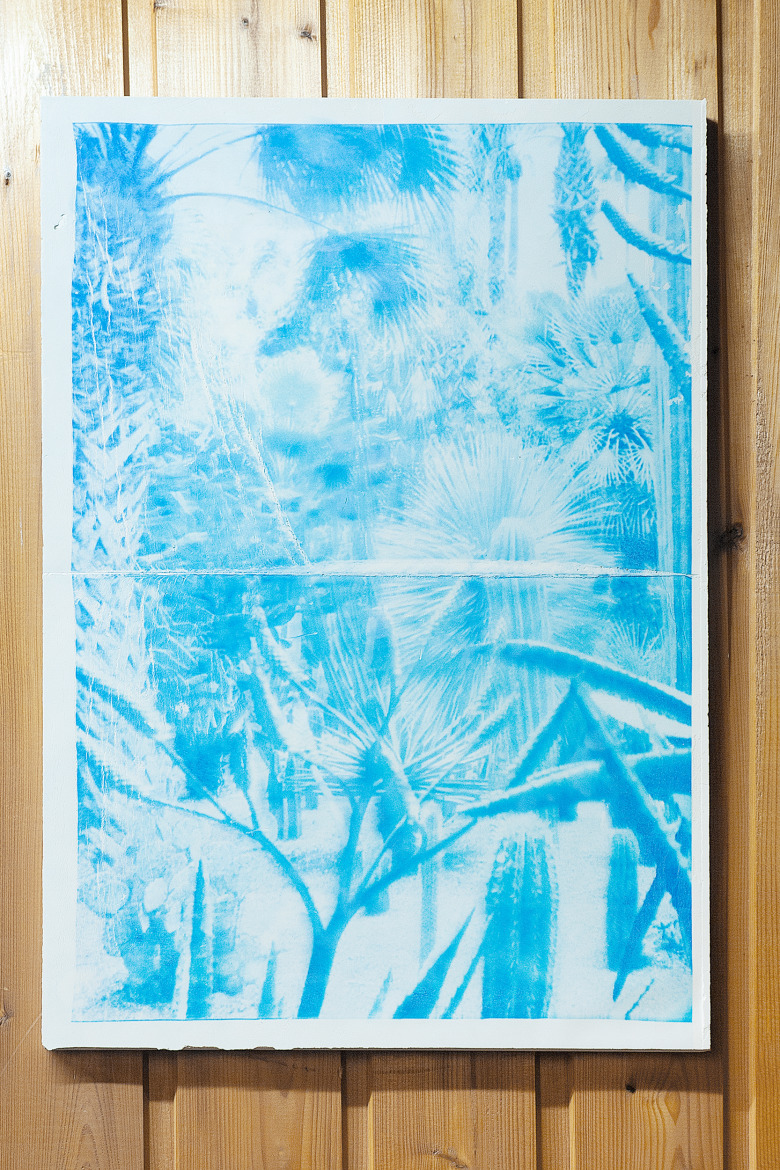
o.T. (botanical garden), I/VIII, 2018, frottage on plaster, 30 x 42 cm
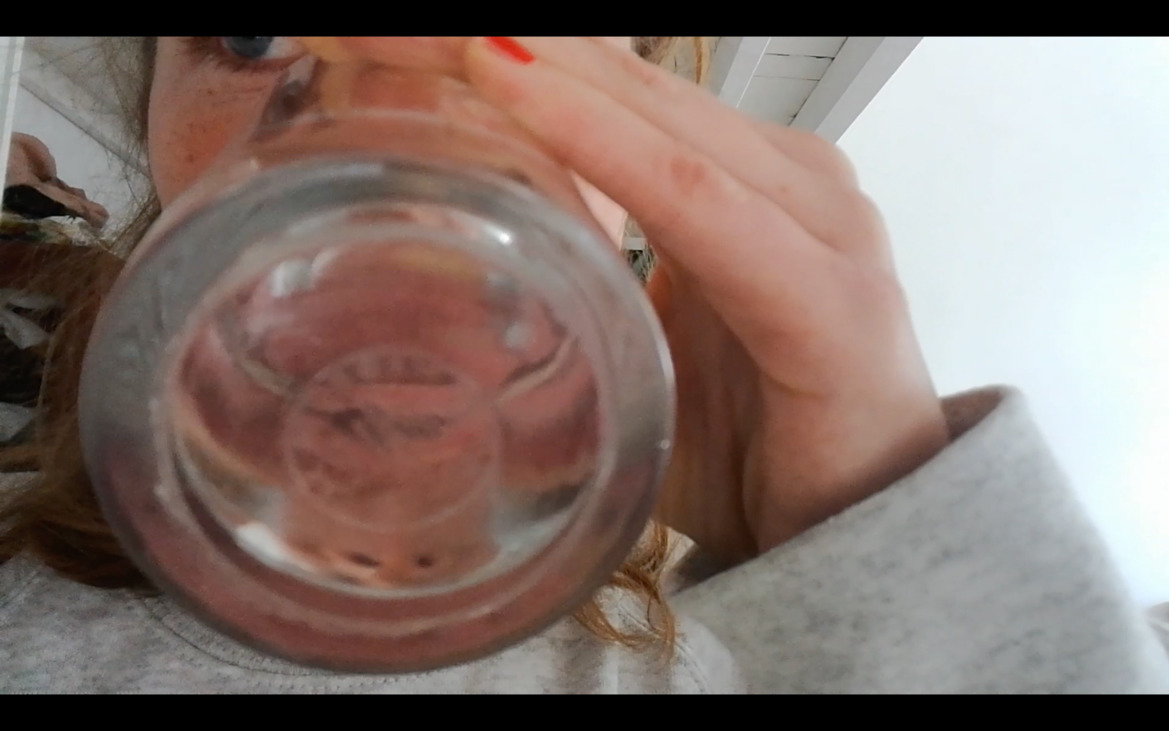
tropes and limbs, 2019, full HD video, 5:53 min., music by David Onanov
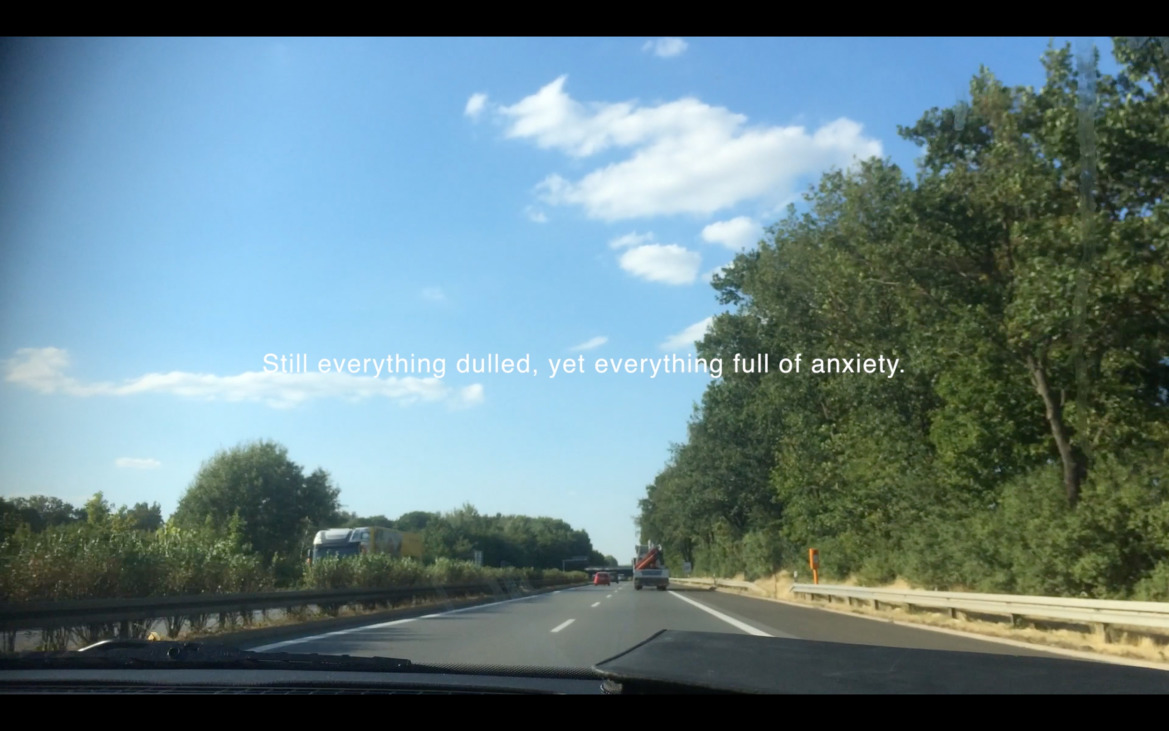
tropes and limbs, 2019, full HD video, 5:53 min., music by David Onanov
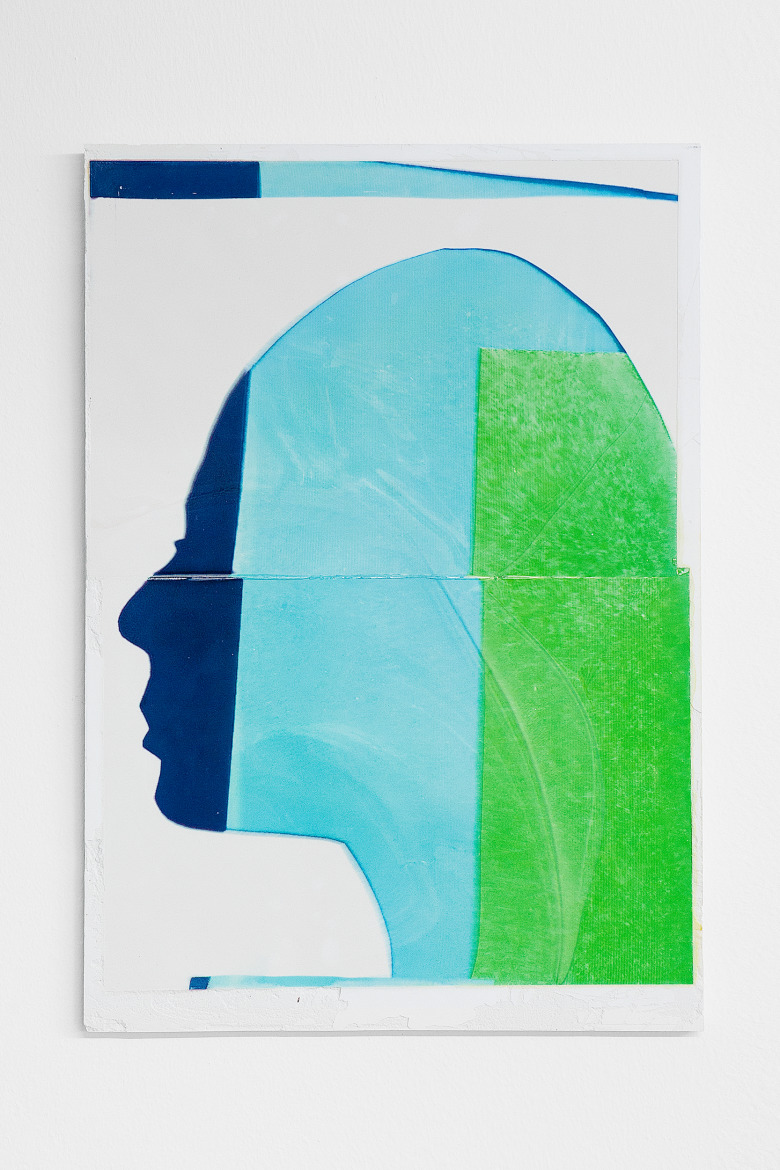
tropes and limbs (Talking Heads), I/IX, 2019, frottage on plaster, ca 30 x 42 cm
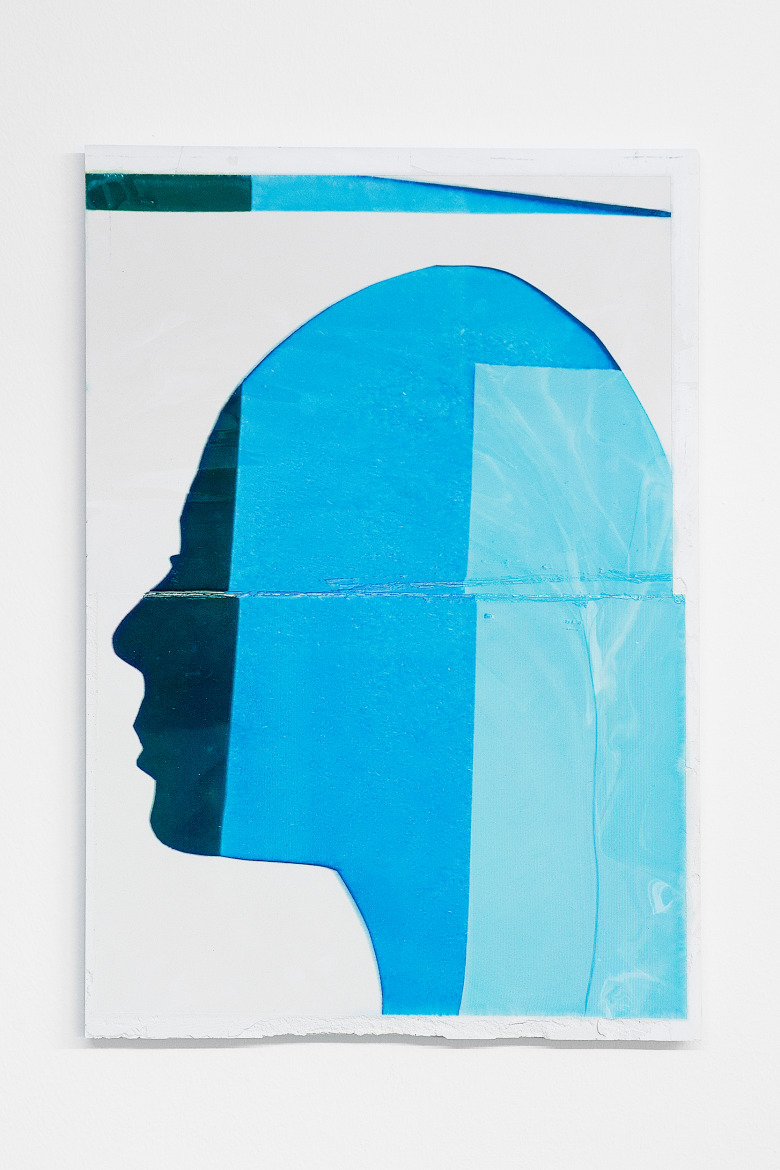
tropes and limbs (Talking Heads), II/IX, 2019, frottage on plaster, ca 30 x 42 cm
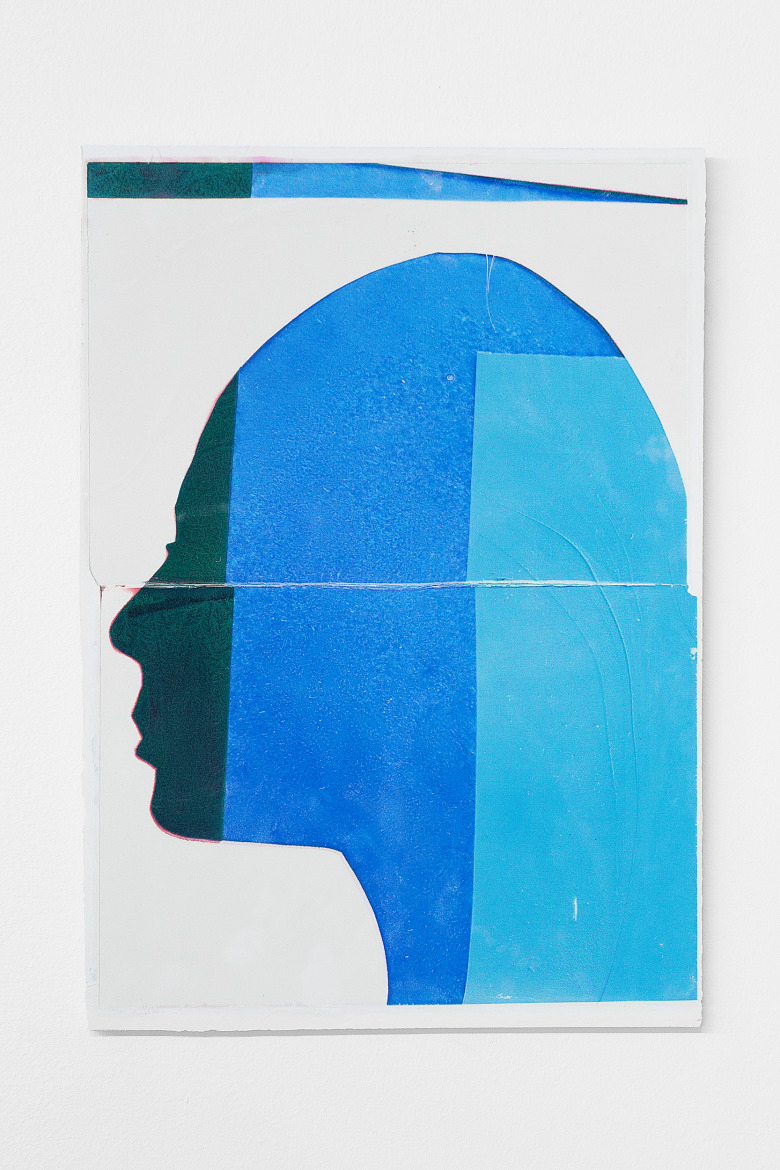
tropes and limbs (Talking Heads), III/IX, 2019, frottage on plaster, ca 30 x 42 cm
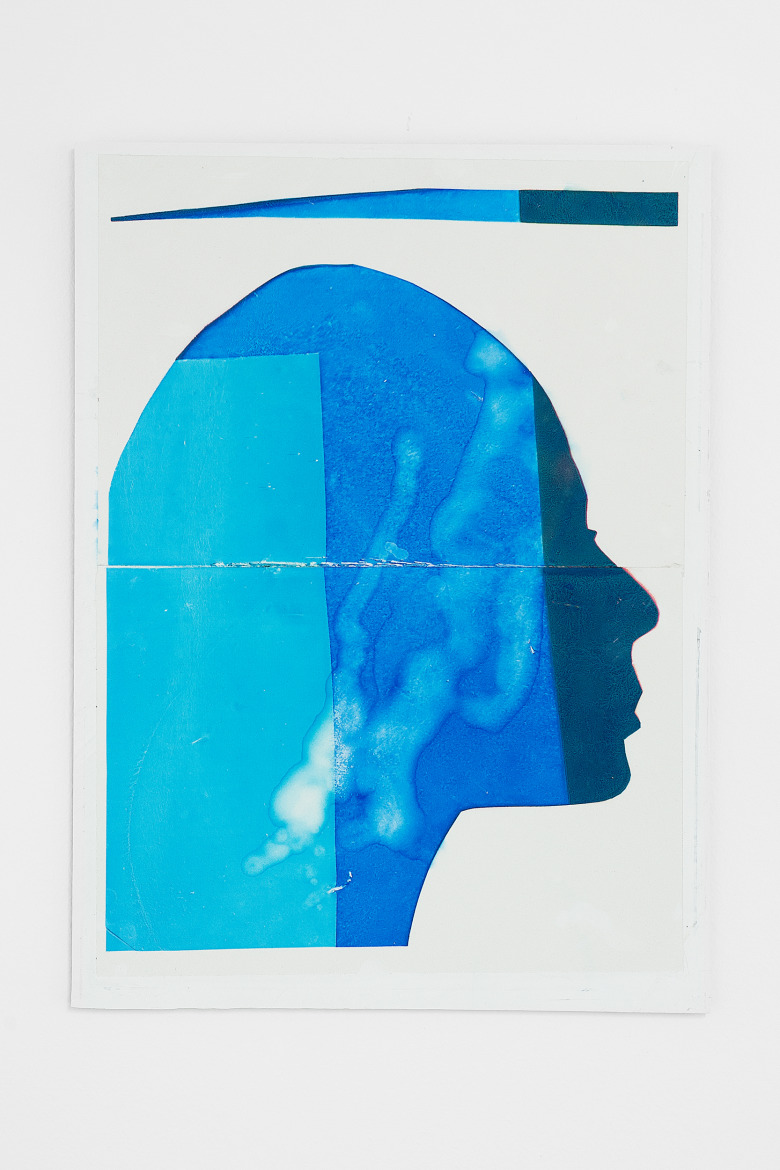
tropes and limbs (Talking Heads), IV/IX, 2019, frottage on plaster, ca 30 x 42 cm
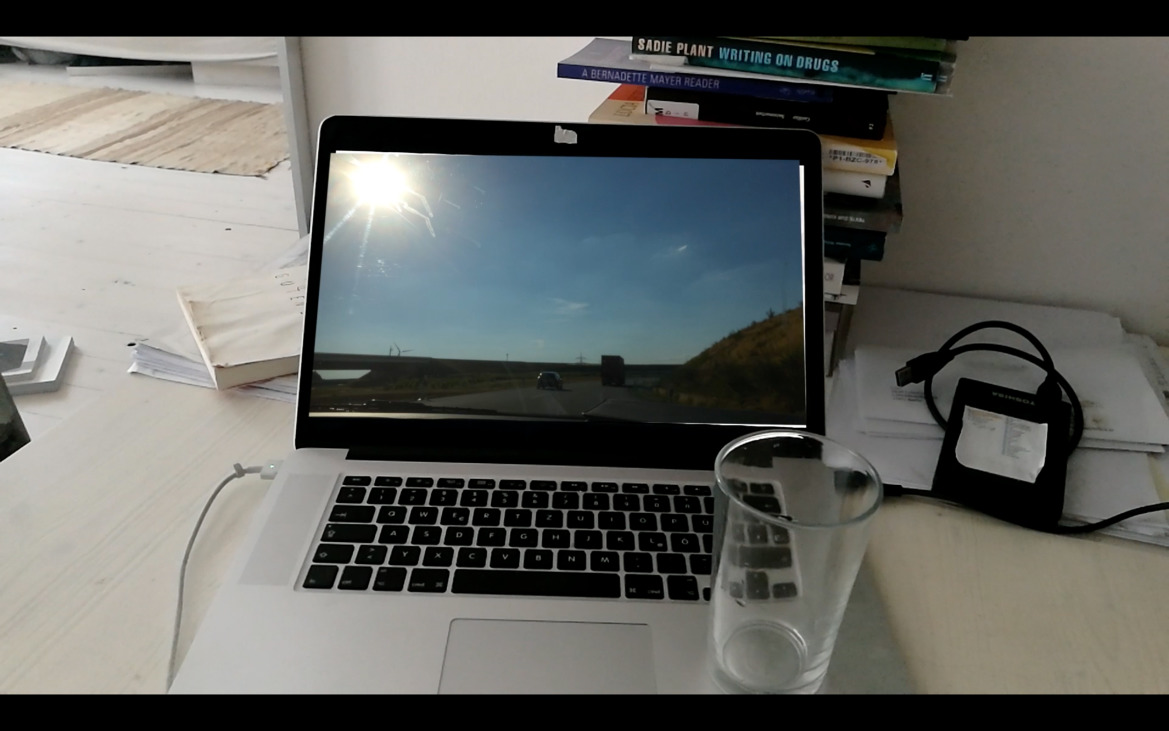
tropes and limbs, 2019, full HD video, 5:53 min., music by David Onanov
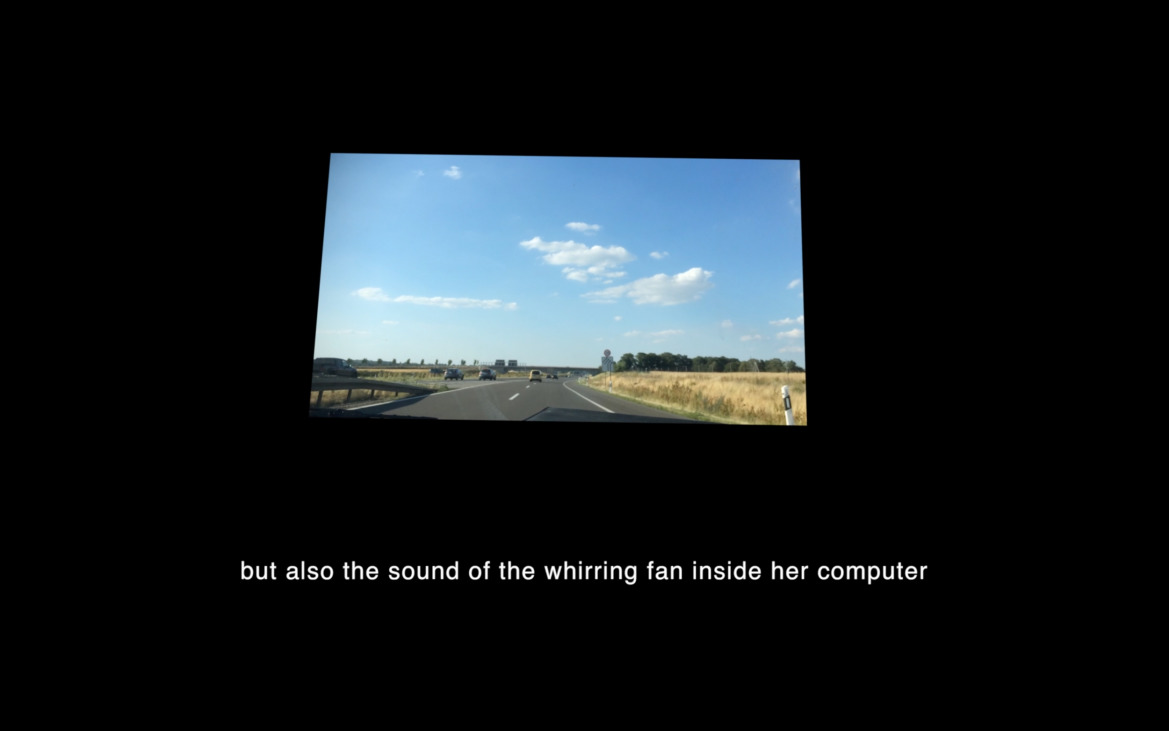
tropes and limbs, 2019, full HD video, 5:53 min., music by David Onanov
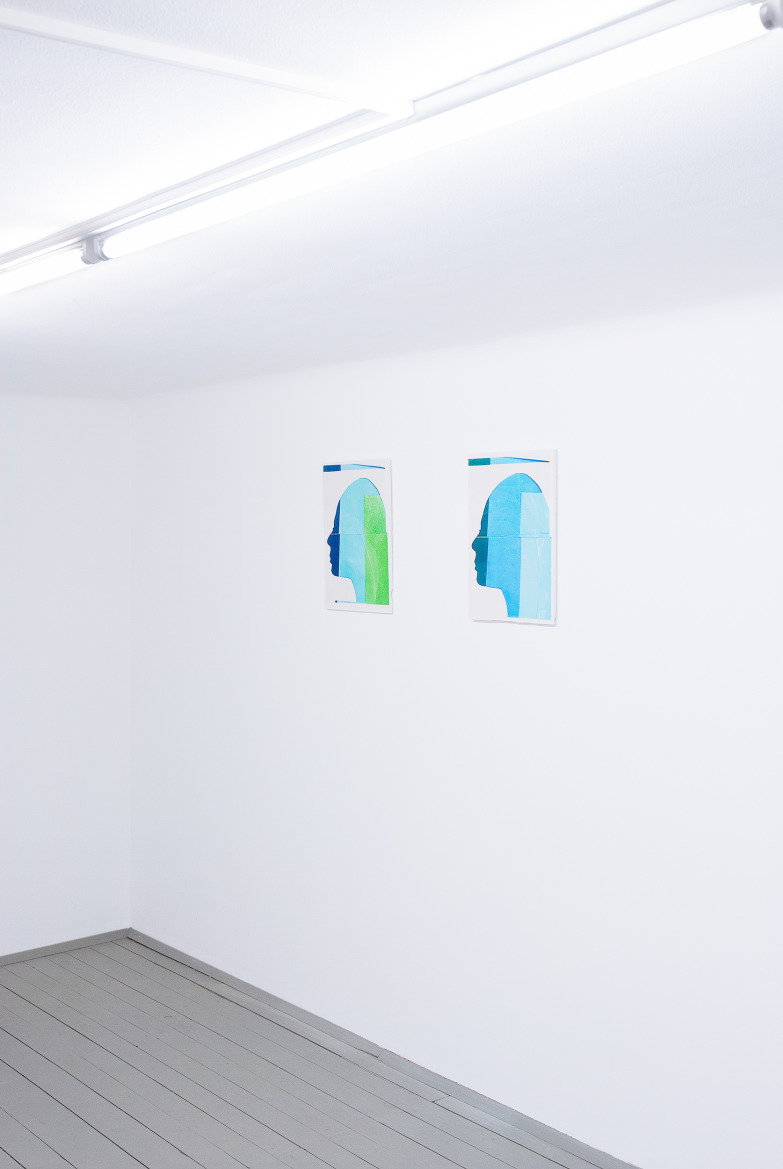
tropes and limbs, 2019, Installation view, EXILE
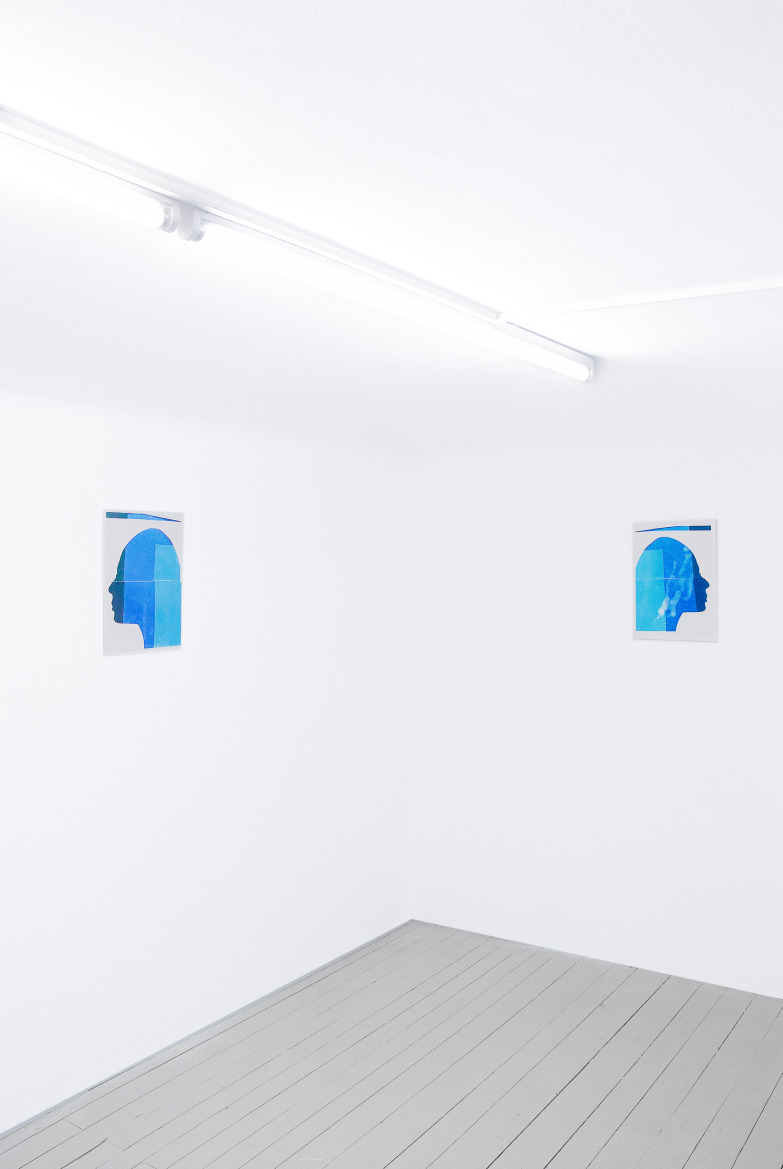
tropes and limbs, 2019, Installation view, EXILE <br>
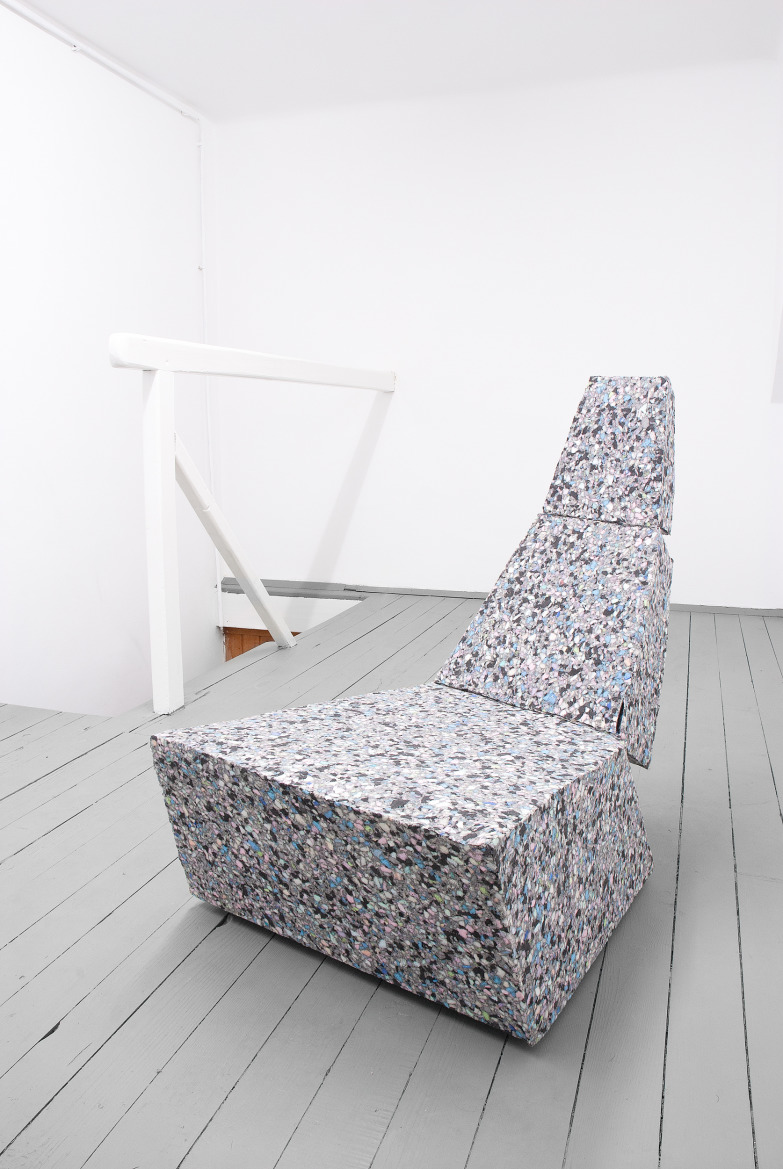
Jonas von Ostrowski, Holocene Lounge Chair, 2011, foam, wood, steel, 82 x 78 x 52 cm
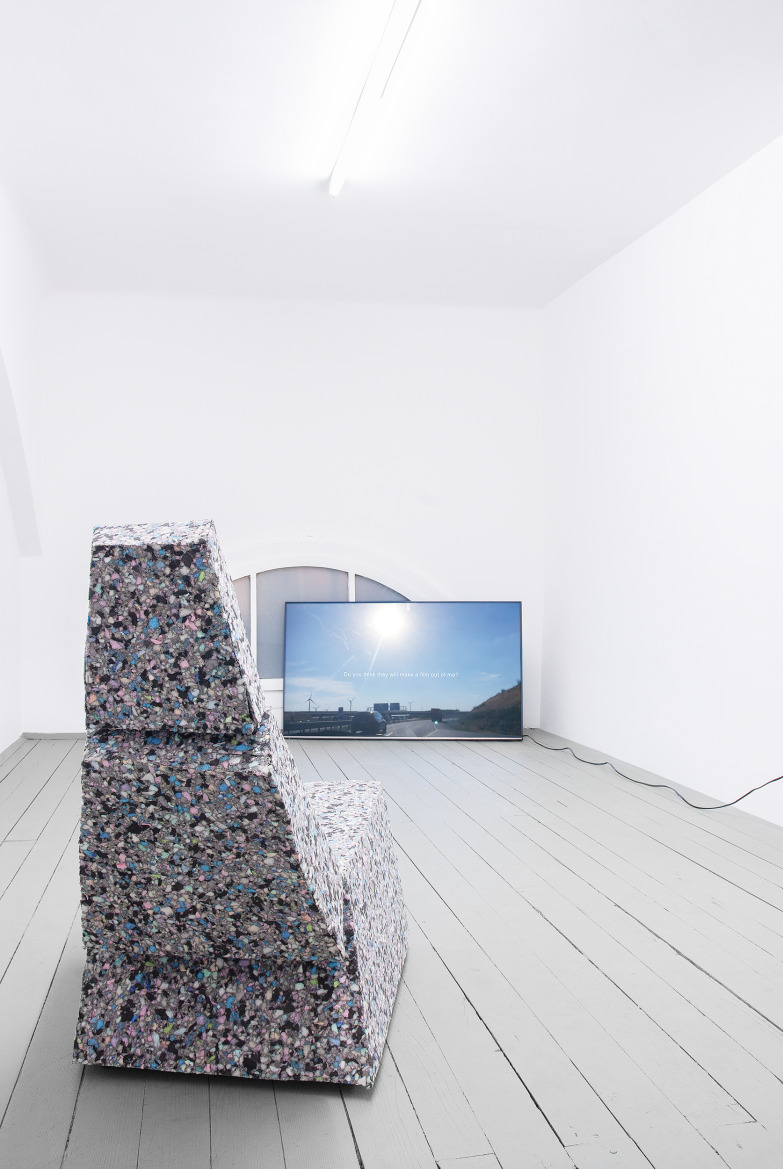
tropes and limbs, 2019, Installation view, EXILE, (Chair by Jonas von Ostrowski)
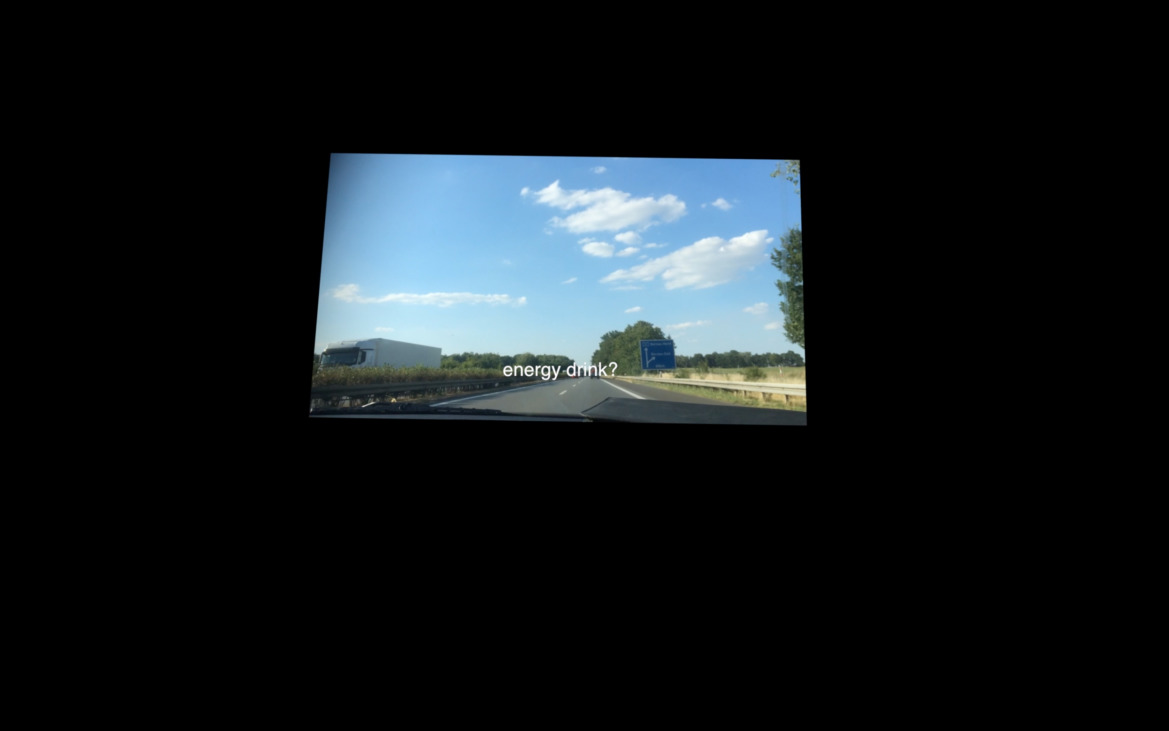
tropes and limbs, 2019, full HD video, 5:53 min., music by David Onanov
If you like or better: Should the occasion arise and you entertain the wish for a maximal open conversation, open in the sense that not only discussion participants would be invited but also discussion parts, and should it become obvious quite fast that this conversation boils down to a soliloquy (once again), then these parts could also be your arms and legs, your sexual organs, the single lobes of your cerebrum, your book and your computer.
Lee Lozano of whom Lucy Lippard later on will have said (more or less) that everyone understood too late that she, as a matter of fact, didn’t distinguish betwen life and art, fleshed out an extensive series of drawings on paper in the 1960ties – before or after a series of not unsimilar paintings – in which she gave full scope to her dissatisfaction with the design of the human body in morphing cocks, cunts and mouths into new and unique faces. „As if“ writes Helen Molesworthy in 2002, „the cartoon style of Philip Guston had somehow encountered contemporary cyborg fantasies of a complete merger of body and machine.“
Now, after the joystick displaced the classical tool long ago and being an artist is at least on paper a functional life script, other distinctions difficult to make are coming to the fore.
Under the condition of a globally available metatext – to have a conversation about the brandenburgische province or to just have a conversation while the brandenburgische province graciously and at the same time ominously overglared by the sun is passing by our side, might be a more fitting equivalent to the options we now can chose from when we want to consider ourselves sympton and cause simoultaniously, or likewise the media and then its effect. Can (a) media talk about the own biography and stay itself at the same time? Or does it has to have at least the distance to itself a storyteller establishes between herself/himself and her/his sujet?
Using the example of the film, some things might be clarified: to observe yourself from the outside (through a distorting glass of water that blows up your lips while its content wets them) and then looking from inside yourself onto what you just did, adding the film-time and then the studio-space. These are four levels, like four dimensions, of which the last one helps to depict the three valid in our empirical reality.
All works in this exhibition slide along a logic of reproduction, which – if considered noteworthy – starts to raster each format from anew. That provides surprisingly sharp outlines, as if the phenomenas start to dissociate again, the comic is back to referencing a graphic that is telling a story through means of contrast while the silhouette of the own physiognomy marks the place within in the transition from realistic to model.
Inka Meißner













































